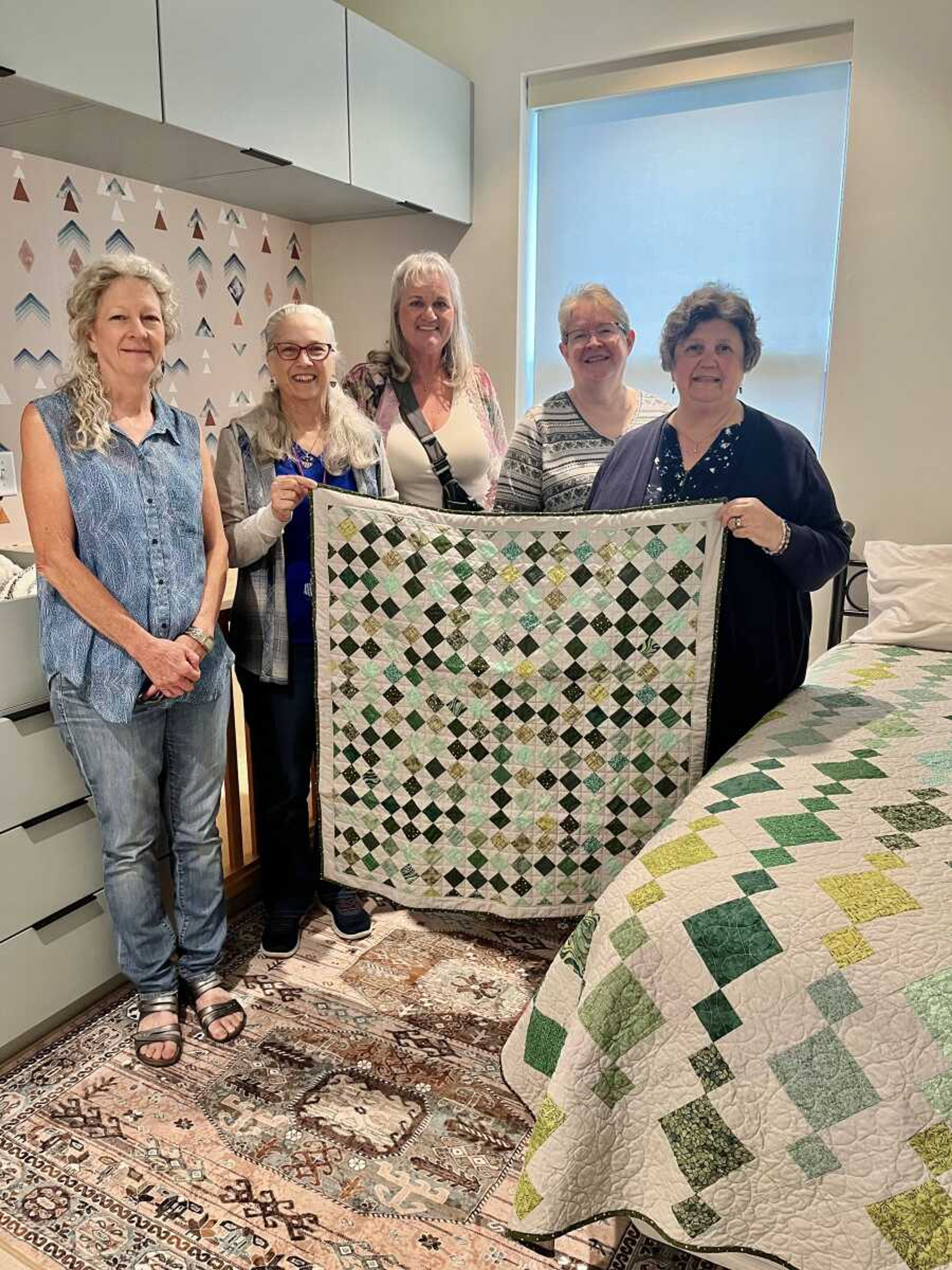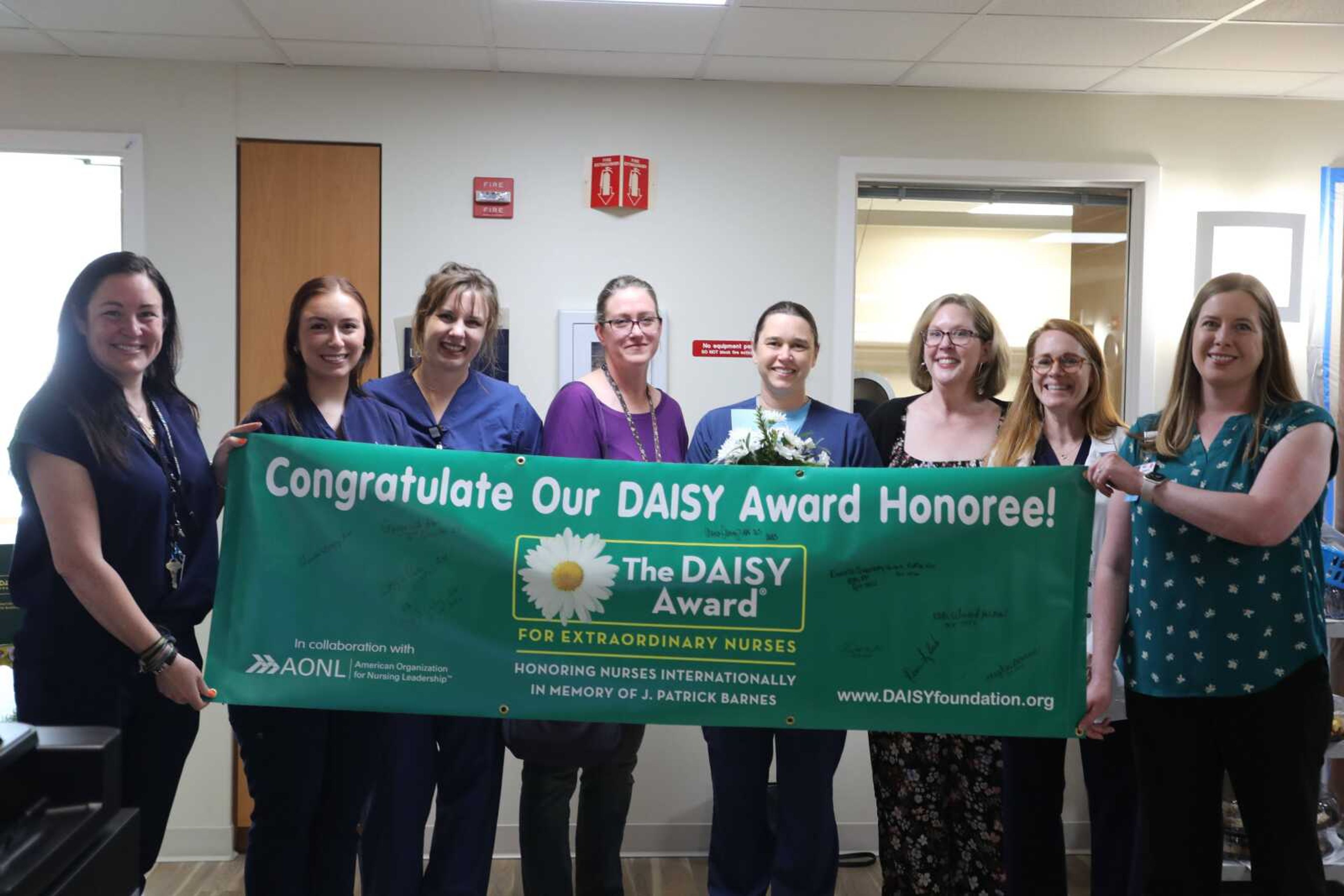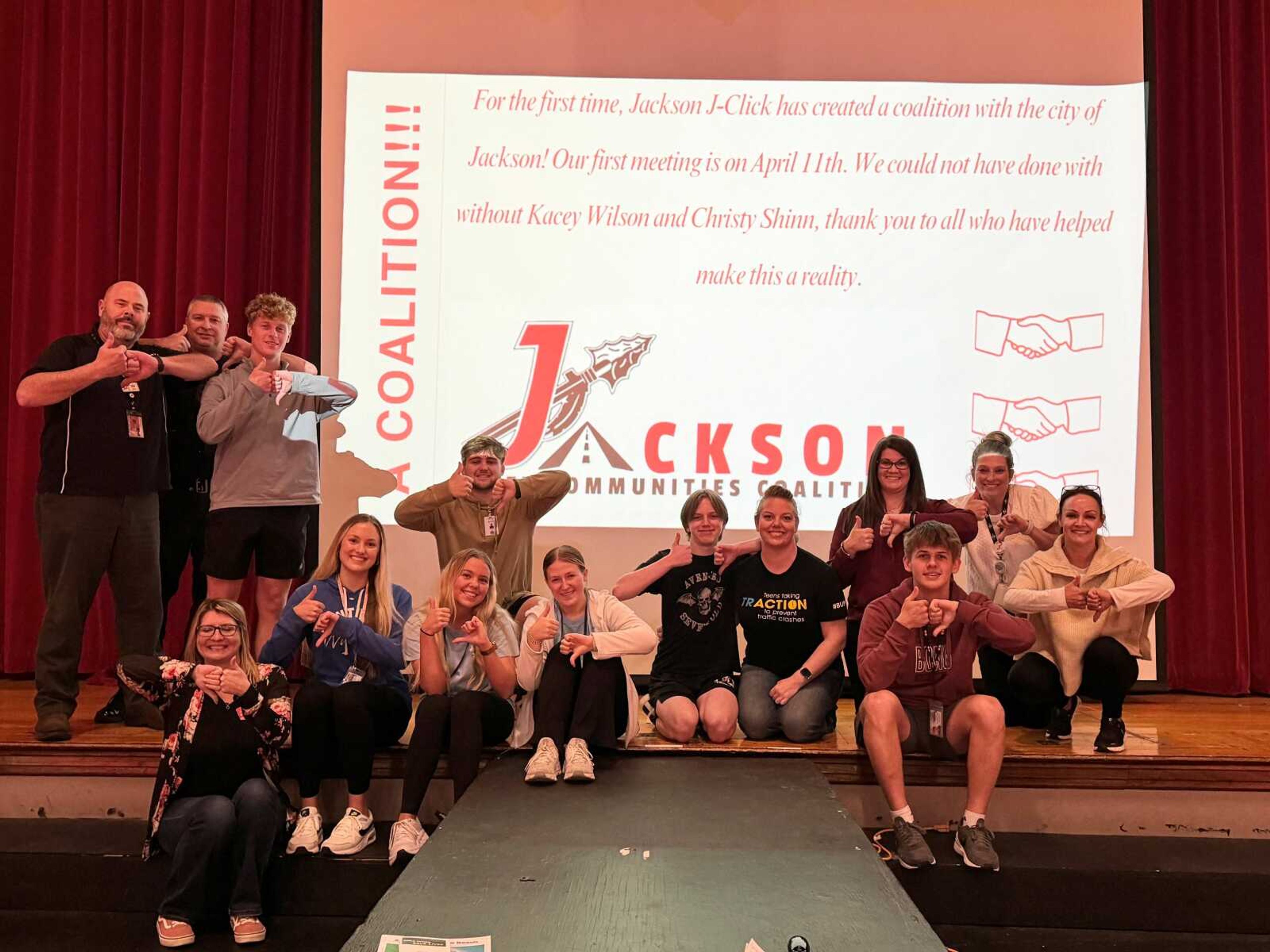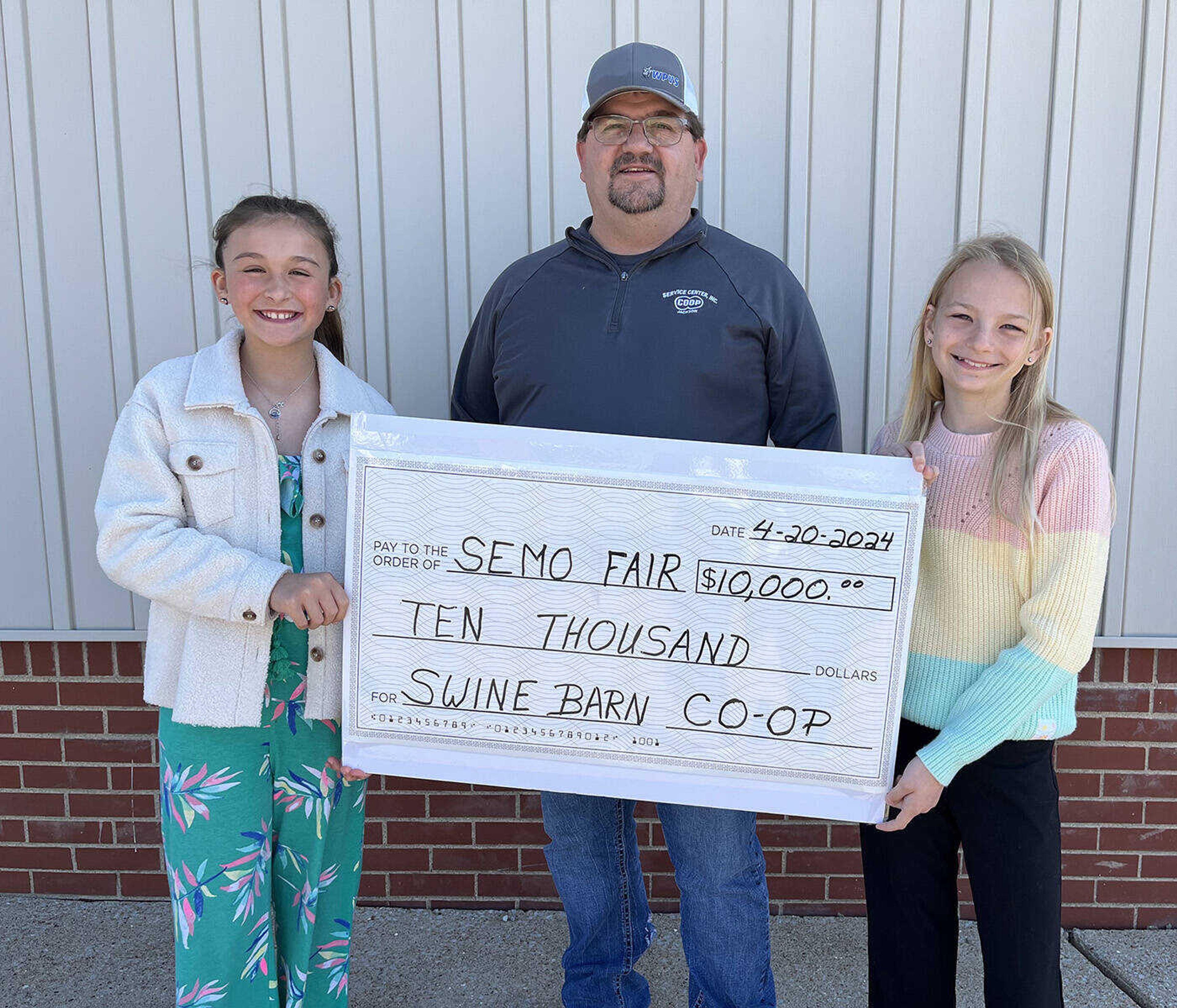Flying High
FLYING HIGH There was a group of boys from the rural area that called themselves the Highway Gang. We were all pretty wild. We would go out to Pop Railey's place and play country records until ten o'clock at night, when Charley Feverston had to leave to catch the bus home. The rest of us might stay until ten thirty, putting nickels in the juke box and drinking RC Cola...
FLYING HIGH
There was a group of boys from the rural area that called themselves the Highway Gang. We were all pretty wild. We would go out to Pop Railey's place and play country records until ten o'clock at night, when Charley Feverston had to leave to catch the bus home. The rest of us might stay until ten thirty, putting nickels in the juke box and drinking RC Cola.
We would ride around town looking for girls to pick up, but never did. Sometimes we would be with Bobby Fischer, and things would liven up. He would fight at the drop of a hat, and always win. The Fischer boys were really wild. Duggie Fischer, the oldest, would go to St. Louis with some other guys on the weekend and make twenty-five dollars each playing pro football with a team named the Gunners in the NFL. Twenty-five dollars was a good week's pay back in those days.
Dave Fischer came back from WW II all messed up, having been caught on Anzio beachhead for several weeks with shells falling all around them, and he would fall into crying jags thinking about the loss of his army buddies.
John Fischer was more my age, and we got to be pretty good friends and would go fishing at the spillway below the Wappappello Dam, which had formed a large lake on the St. Francis River. The fishing was particularly good in the spillway when the dam gates were opened and brought the fish upstream to the fresh water. We drove up there one afternoon to try our luck, but stopped at a little bar near there for a beer and almost never got to the spillway. I say almost never, because it was getting dark and I couldn't get John to go with me, so I went by myself. Dusk was setting in pretty good. I made a tremendous cast, and got the worst backlash I ever saw, so I went back to the bar with John and sat and listened to Cotton-Eyed Joe on the juke box. I still remember the words to the song.
After the war, I was running a little Drug Sundries Store with my brother, Piggie. Two men and their wives came into Piggie's Super Market, and I got to know them. It turned out that they were ex-Army flight instructors. I can only remember one name, E. Z. Newsom. E. Z. had apparently lived in Poplar Bluff before the war, because I had seen his picture once, along with Sheriff Lester Massingham, next to an airplane, and it said E.Z. was flying the Sheriff to California to extradite a prisoner. His brother had been a bomber pilot, and the two of them were opening a small airport east of town.
I got to talking about flying and my service as an Aviation Cadet, and was only eligible under the Veterans Bill of Rights for about a year in college. E. Z. said I had enough points to learn to fly, and they would handle the paper work and teach me. I jumped at the chance. After I soloed, I learned that an Aviation Club in town owned a Piper Cub and I could buy a membership in it for two-hundred dollars. Great!
Now I could go out to the airport, which had only a grass landing strip, and fly to my heart's content for six dollars an hour. I practiced figure eights, stalls, spins, and other maneuvers. It was an exhilarating feeling. One morning I was flying and thought I would practice a tailspin, so I climbed to six-thousand feet (it only took about a half an hour) and put the plane in a stall. I forgot to cut the gas, and found myself going head down at a terrific speed. When I realized I had put myself in a power spin, I throttled down, and as easily as I could, kept watching the wings and praying they would not fall off, and pulled out just yards before I would have crashed into the lake. I didn't tell anybody about that for a long time.
There was a group in town talking about trying to drill an oil well south of Poplar Bluff in a swampy place that looked like it had possibilities. It was supposed to have been a part of the Eldorado, Ark., field. At the urging of a friend (?), I went to one of their meetings and bought two shares for one hundred dollars apiece. The group was having trouble, and at one meeting said it appeared the well was not going to be drilled. They said an old lady who lived in Cape Girardeau was the head of it, and so I volunteered to go up and check with her. A day or two later, I asked John if he wanted to fly up to Cape with me. He said okay. When we stopped at the airport, he protested that he thought I just meant to drive fast, not actually fly, but we were already at the airport and he could not back out now.
The plane was a two-seater, with him in the front. After we took off, he asked me if I had any maps to follow. I said "No. I would just follow the Frisco Railroad tracks," and I believe if he had had a parachute he would have jumped right then and there. The old St. Louis San Francisco tracks which ran between Poplar Bluff and Cape Girardeau were still intact, but the old Bull Moose passenger train which my mother would ride to go to Southeast Normal School for Teachers had stopped running many years ago. But everything was okay, and when we landed at the Cape Airport, I called the old lady and she said come on over.
We got a taxi and went to see her. She lived in a small room in a small dingy hotel near the Mississippi River. Apparently, she was being used as a front. She said they had run out of money and could not afford to drill the well, which I could understand, since it looked to me like there were not many suckers, I mean, investors at the meetings. She said she had sold the rights to some Illinois oil people, and arranged for me to meet them at the Cairo, Illinois Airport that afternoon.
When we arrived back at the airport John asked, "How are you going to navigate to Cairo?" I replied, "Just follow the Mississippi River." I could feel him shuddering. Soon we were flying about 1,000 feet over the mighty Mississippi, and about half way to Cairo we saw a wall of clouds in front of us. John, now very agitated, asked what that was, and I said I didn't know. We soon found out we were flying in a rain storm. "Have you ever flown in rain before?" John inquired faintly. My answer was "No," again. Well, I found out that planes could fly in the rain. When we got to Cairo, I spotted the airport with big letters on the roof of a building "Cairo Airport" and in spite of pretty bad cross winds, was able to get the Piper Cub on the ground. Some people came out and tied it down.
When we went inside the building, sure enough there were three well dressed men waiting for us. I really felt like a big shot oil man! We shook hands all around, and they told us that to tell the group at home, if they would give them their shares, they would drill, and give the us leases on property near the well which would be of good value if they struck oil. It seemed to me that that was the only course of action we could take. I was satisfied, because I didn't expect anything, and said I would report to the investors.
John and I got in the plane, and started home. The rain storm has passed on by that time, and the takeoff was fine. As I turned west, I explained all we had to do was follow the Missouri Pacific Railroad "CAT" line home. It was getting dusk, and we were headed west. We flew over Sikeston and Dexter and after a while, I saw some hills and trees ahead, and wondered what they were. While wondering, John looked down and said, "Isn't that the Airport we just passed?" I made some kind of a lame excuse about checking the oil pressure, and circled around and made a perfect(?) landing. We got out and John got down on his knees and kissed the ground.
At the next meeting, I reported to the investors, all ten or fifteen of them. Their thanks for me risking my life with a barely qualified pilot to bring back the report, was to accuse me of selling out to the Cairo group, and getting my money back. What more could you expect from a bunch of people stupid enough to put their money into a wildcat oil drilling scheme in the first place? I politely invited them to kiss my backside and left. As far as I know, all that oil is still under ground down at Big Island, and ready for the taking by a legitimate oil company. Wonder if British Petroleum (BP) would be interested.
Connect with the Southeast Missourian Newsroom:
For corrections to this story or other insights for the editor, click here. To submit a letter to the editor, click here. To learn about the Southeast Missourian’s AI Policy, click here.









